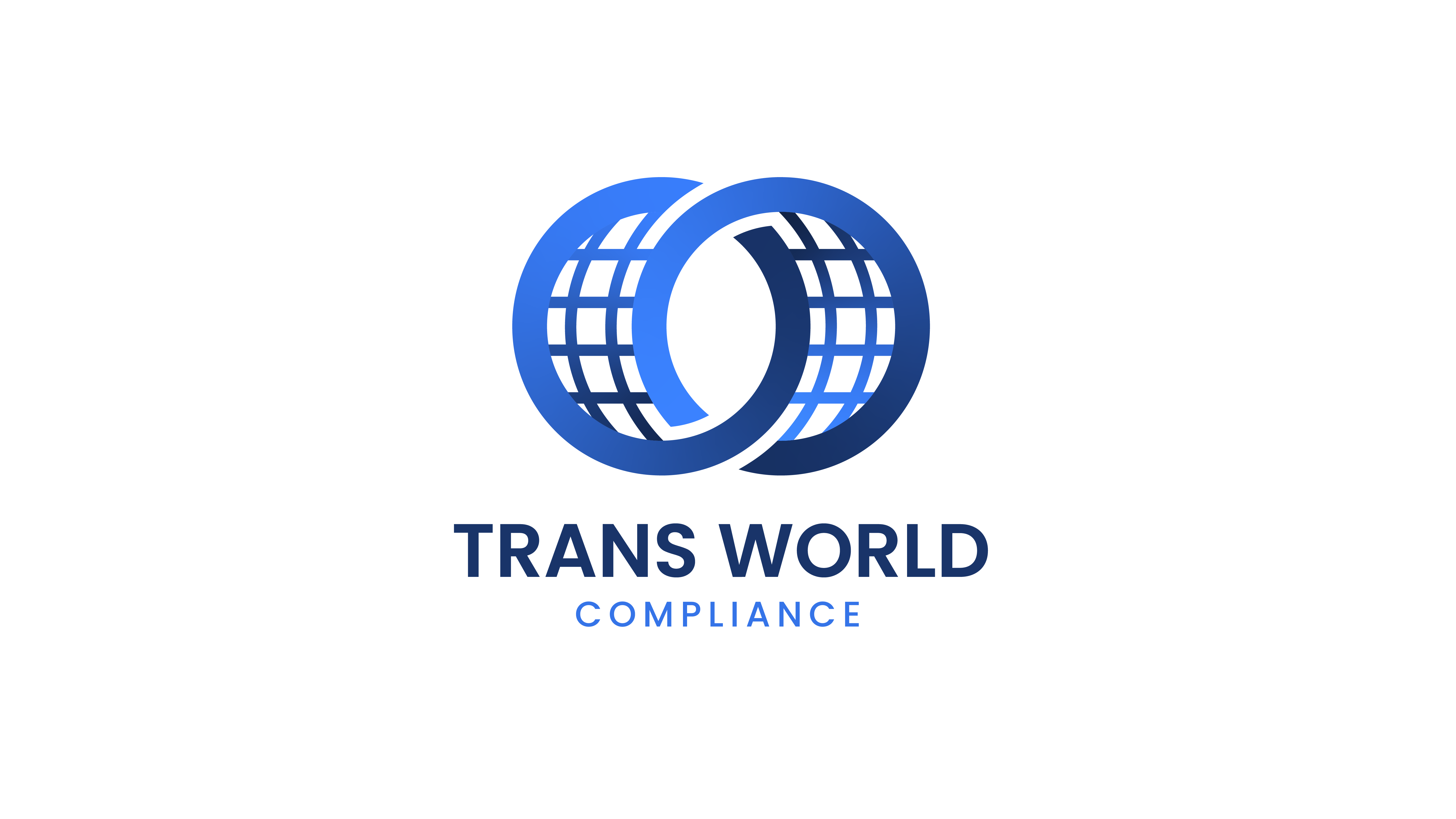Strategies for Effective Financial Regulation Compliance
Ensuring compliance with financial regulations is essential for institutions to maintain operational integrity and trust. Implementing well-planned strategies is crucial for adhering to these regulations and achieving efficiency.
Financial regulations are not static; they evolve continually to address new challenges and threats in the financial sector. This dynamic nature makes compliance a challenging but necessary task for financial institutions of all sizes.
Understanding the complexity and breadth of these regulations is the first step toward effective compliance. Institutions must stay informed about regulation changes and be prepared to adapt their processes accordingly. This requires knowledge, vigilance, and the right tools to manage compliance effectively.
Understanding Financial Regulations
Financial institutions face many regulations, such as anti-money laundering (AML) laws, the Foreign Account Tax Compliance Act (FATCA), and the Common Reporting Standard (CRS). These rules aim to increase transparency, prevent financial crimes, and bring substantial compliance challenges. AML regulations, for instance, require institutions to implement stringent measures to detect and report suspicious activities, adding a layer of complexity to daily operations.
Similarly, FATCA demands that foreign financial institutions report information about financial accounts held by US taxpayers to the IRS. In addition to FATCA, the CRS established by the OECD requires financial institutions to report information about financial accounts held by foreign residents to their respective tax authorities.
Compliance with such regulations requires thorough knowledge, significant administrative effort, and resource allocation. Institutions must develop comprehensive compliance programs to manage these demands effectively and ensure accurate data collection, validation, and reporting to meet FATCA and CRS requirements.

Key Strategies for Compliance
Regular Training: Continuous education programs inform staff about the latest regulatory changes and best practices. Training should be tailored to different roles within the institution to ensure that all employees understand their specific compliance responsibilities. Regularly updated training materials help employees stay current with new regulations and emerging trends in financial crime.
Internal solid Controls: Establishing rigorous internal controls helps in the early detection and prevention of compliance breaches. Internal controls include policies and procedures to ensure compliance with regulatory requirements and safeguard financial operations' integrity. Regular audits and reviews of these controls are essential to identify gaps and implement corrective actions promptly.
Technology Integration: Utilizing advanced compliance software ensures precise and timely regulatory reporting, reducing the risk of errors. Technology can automate many compliance tasks, such as data collection, validation, and reporting, making the process more efficient and less prone to human error. Compliance software can also provide real-time monitoring and alerts, helping institutions stay ahead of potential issues.
Advantages of a Proactive Compliance Approach
Risk Reduction: Identifying and addressing potential compliance issues early helps mitigate risks effectively. A proactive approach involves regularly monitoring and assessing compliance activities to detect any signs of non-compliance before they escalate into significant problems. This protects the institution from legal and financial penalties and preserves its reputation.
Improved Efficiency: Streamlined processes lessen the workload of manual compliance efforts, allowing staff to focus on other critical tasks. Automation and technology integration play a crucial role in achieving operational efficiency. By reducing the time and effort required for compliance activities, institutions can allocate resources more effectively and improve overall productivity.
Enhanced Reputation: Consistent compliance upholds the institution's reputation and fosters trust among clients and stakeholders. Maintaining a solid compliance record demonstrates an institution's commitment to ethical practices and regulatory integrity. This builds confidence among clients, investors, and regulators, contributing to long-term success and stability.
How Trans World Compliance Can Help
Trans World Compliance is your trusted partner in navigating the complexities of financial regulations. Our comprehensive solutions are designed to simplify compliance and regulatory requirements, offering tailored support to meet each institution's unique needs. With a deep understanding of the regulatory landscape, we provide the tools and expertise to ensure compliance and operational excellence.
Automated Data Management: Our CRS/FATCA One tool automates data collection, validation, and reporting, ensuring accuracy and efficiency.
Seamless Integration: Our software integrates smoothly with existing systems, reducing disruption and enhancing workflow.
Expert Support: Our team of experts provides ongoing support to help you adapt to regulatory changes and maintain compliance.
By choosing Trans World Compliance, financial institutions can confidently manage regulatory obligations, ensuring compliance and operational excellence. Our solutions are designed to address the specific challenges faced by financial institutions, providing the support and resources needed to achieve compliance success.




